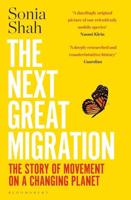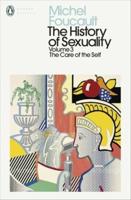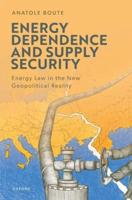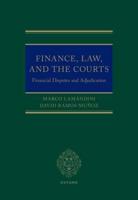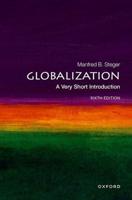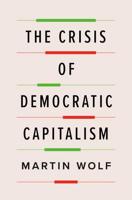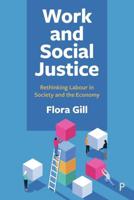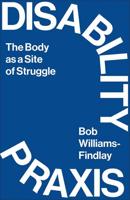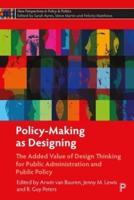Publisher's Synopsis
Refugee and Forced Migration Studies has grown from being a concern of a relatively small number of scholars and policy researchers in the 1980s to a global field of interest with thousands of students worldwide studying displacement either from traditional disciplinary perspectives or as a core component of newer programmes across the Humanities and Social and Political Sciences. Today the field encompasses both rigorous academic research which may or may not ultimately inform policy and practice, as well as action-research focused on advocating in favour of refugees' needs and rights. This authoritative Handbook critically evaluates the birth and development of Refugee and Forced Migration Studies, and analyses the key contemporary and future challenges faced by academics and practitioners working with and for forcibly displaced populations around the world. The 52 state-of-the-art chapters, written by leading academics, practitioners, and policymakers working in universities, research centres, think tanks, NGOs and international organizations, provide a comprehensive and cutting-edge overview of the key intellectual, political, social and institutional challenges arising from mass displacement in the world today. The chapters vividly illustrate the vibrant and engaging debates that characterise this rapidly expanding field of research and practice.



